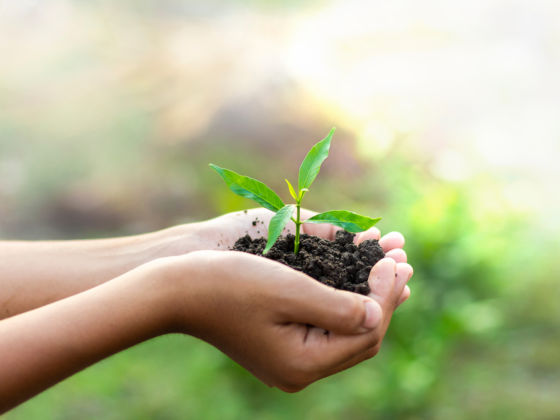Cremations are on the rise in the US, with the national cremation rate expected to reach 80 percent by 2035, according to the National Funeral Directors Association. Although cremation is more environmentally friendly than a traditional burial, the Pacific Standard reported that the process releases 600 million pounds of carbon dioxide into the atmosphere every year, leading many to consider alternative means of burial.


Washington state legislators have just passed a new bill that would make the state the first to legalize “natural organic reduction,” a decomposition method that turns human remains into soil. The human composting process takes between four to seven weeks, and produces about one cubic yard of compost. If Governor Jay Inslee signs the bill into law, recomposition will become legal in Washington on May 1, 2020.
Katrina Spade, founder and CEO of alternative burial company Recompose, explains that the process involves placing the body in a moisture- and temperature-controlled vessel filled with wood chips, alfalfa, and straw, and after several weeks of microbial activity, the body breaks down into soil that can be given to the deceased’s family or used as regular soil. Last year, during a study led by Spade, six bodies were reduced to soil at the University of Washington.
H/T: Smithsonian.com